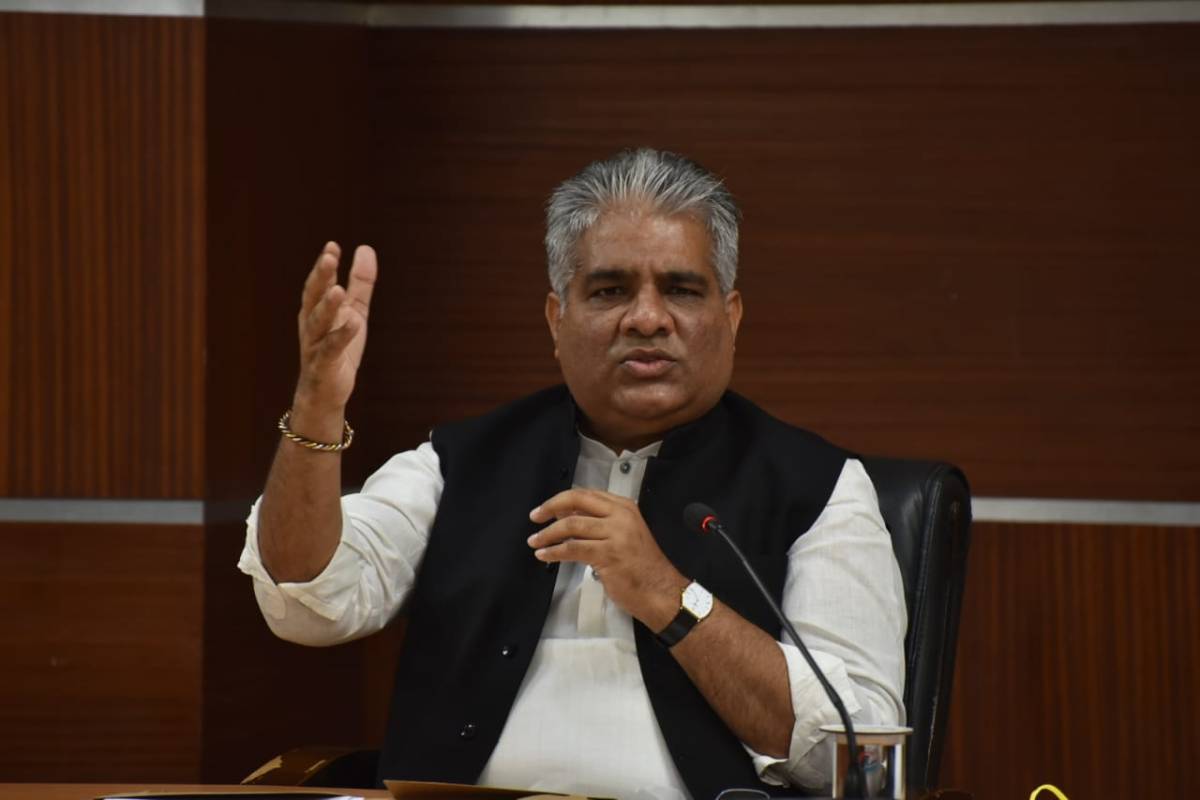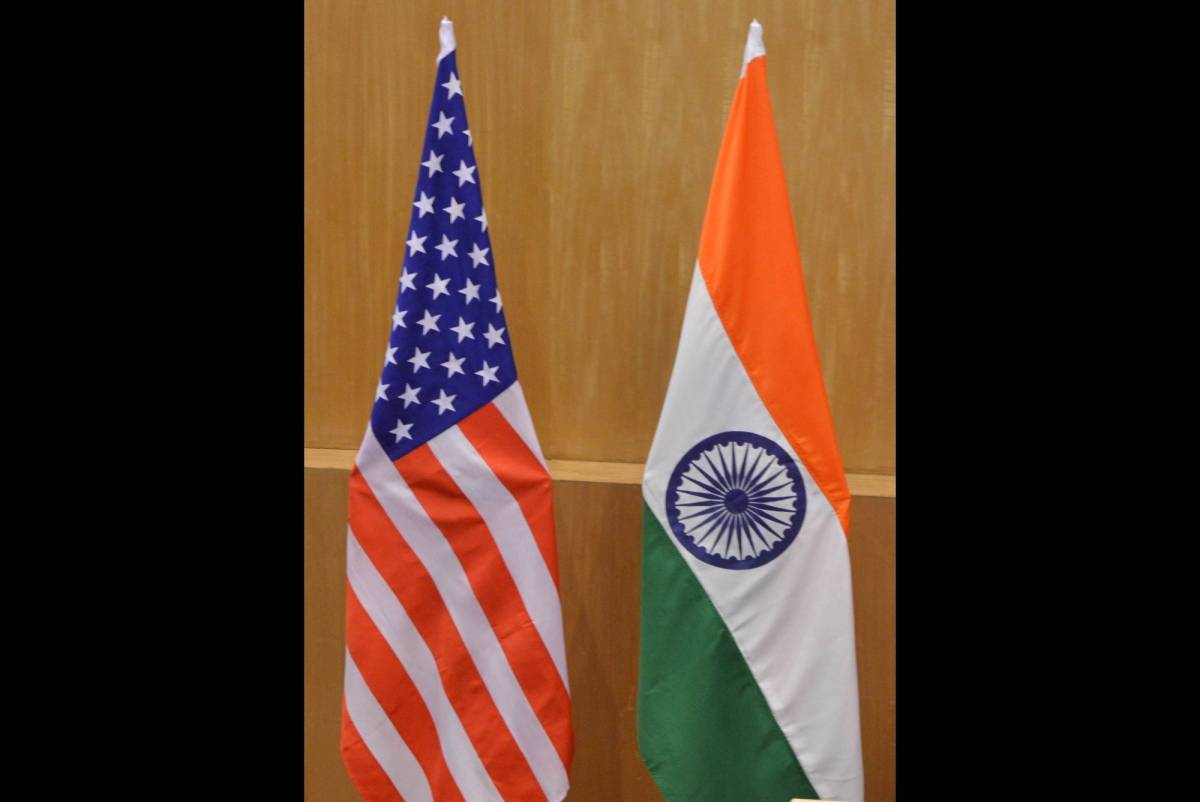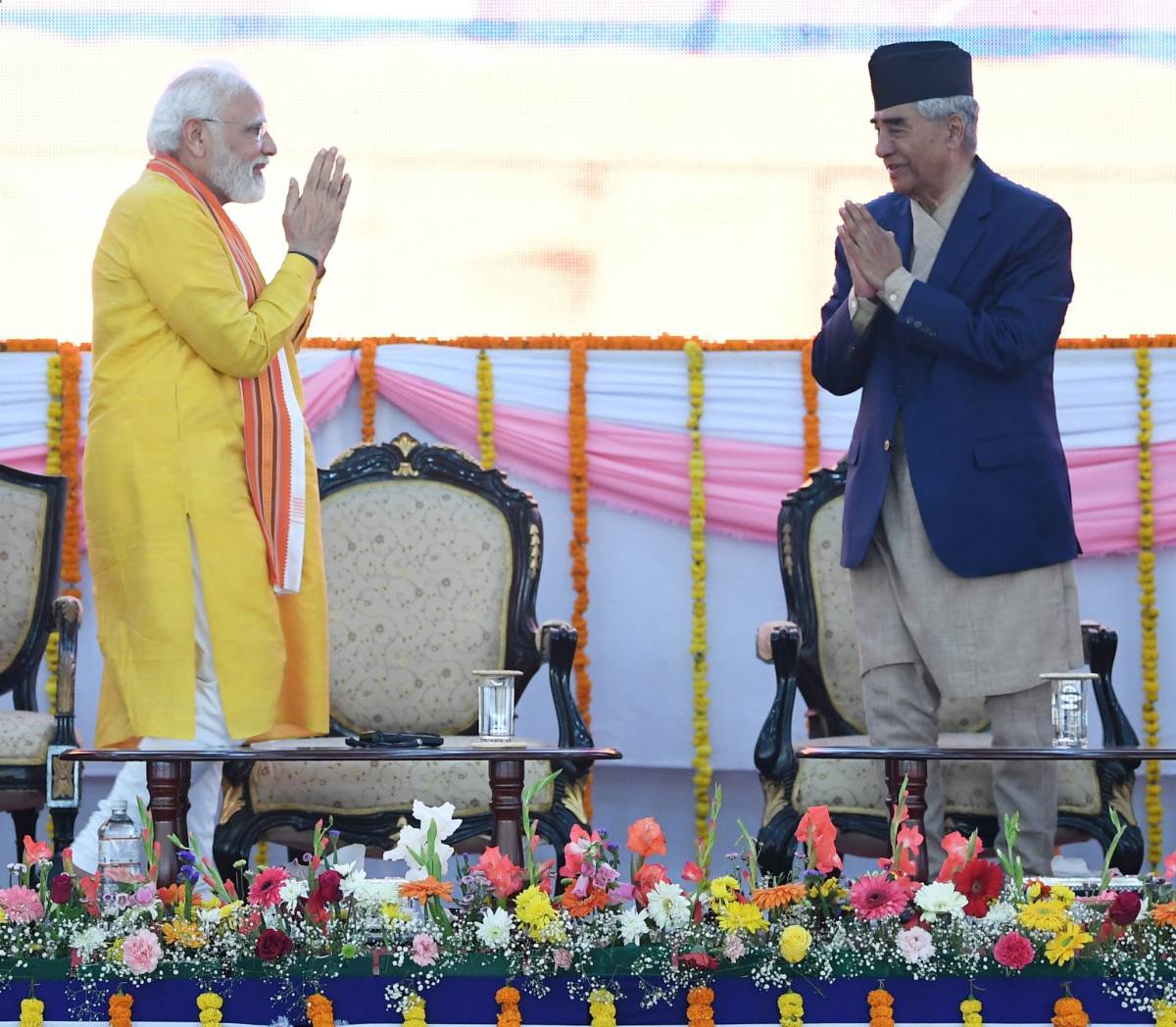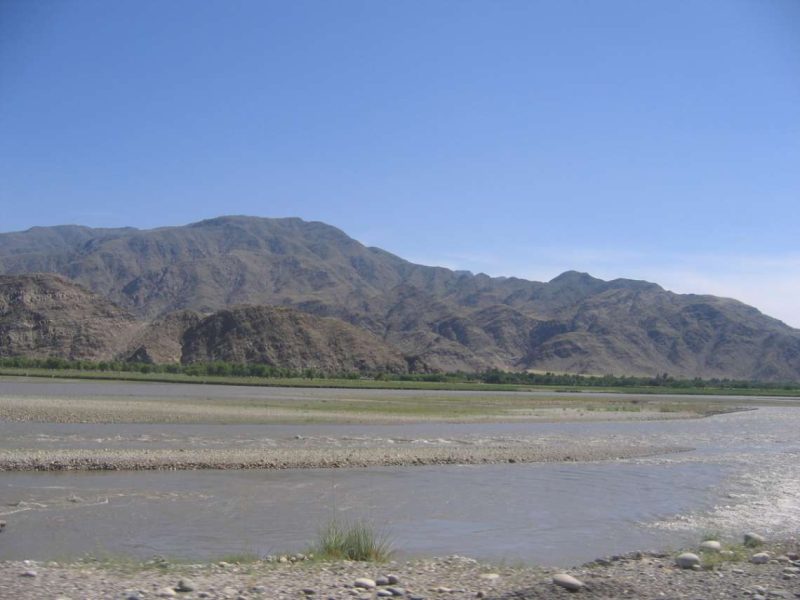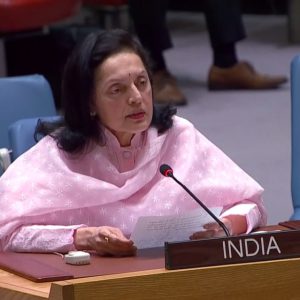As per Yale Centre for Environmental Law & Policy website, EPI 2022 provides a data-driven summary of the state of sustainability for 180 countries using 40 performance indicators across 11 issues….reports Asian Lite News
Rejecting the bottom rank in environmental performance index by the Yale Centre for Environmental Law & Policy, India on Wednesday said that many indicators used for assessing the EPI are based on “unfounded assumptions” with some of them “extrapolated and based on surmises and unscientific methods”.
Rejecting the Environmental Performance Index (EPI) 2022 released recently by the American University that had put India at the bottom most 180th rank, the Ministry of Environment, Forest and Climate Change (MoEF&CC) announced that it does not accept Yale’s analysis and gave a longish explanation for the same.
As per Yale Centre for Environmental Law & Policy website, EPI 2022 provides a data-driven summary of the state of sustainability for 180 countries using 40 performance indicators across 11 issues.
“A new indicator in the Climate Policy objective is Projected GHG Emissions levels in 2050. This is computed based on average rate of change in emission of the last 10 years instead of modeling that takes into account a longer time period, extent of renewable energy capacity and use, additional carbon sinks, energy efficiency etc. of respective countries,” the Ministry statement said, adding: “Both forests and wetlands of the country are crucial carbon sinks, which have not been factored in while computing the projected GHG emissions trajectory up to 2050 given by EPI 2022.”
India has already achieved the target of 40 per cent of installed electricity capacity from non-fossil fuel based sources.
India also said that the historical data on the lowest emission trajectory has been ignored in the computation and said: “The weight of indicators in which the country was performing well has been reduced and reasons for change in assignment of weights has not been explained in the report.”
“The principle of equity is given very low weightage in the form of indicators such as GHG emission per capita and GHG Emission intensity trend. The CBDR-RC principle is also barely reflected in the composition of the index,” the Ministry said.
The indicators on water quality, water use efficiency, waste generation per capita which are closely linked to Sustainable Consumption and Production are not included in the Index, the statement said, adding: “The Index emphasises the extent of Protected Areas rather than the quality of protection that they afford. Management Effectiveness Evaluation of Protected areas and eco-sensitive regions is not factored into the computation of Biodiversity Indices.”
Indicators such as agro biodiversity, soil health, food loss and waste are not included even though they are important for developing countries with large agrarian populations, the statement said, and gave detailed analysis of the flaws in various categories such as Climate Change Issue Category; Environmental Health indicators; Ecosystem Vitality Policy Objective; Biodiversity & Habitat; Ecosystem Services; Agriculture and Fisheries.


